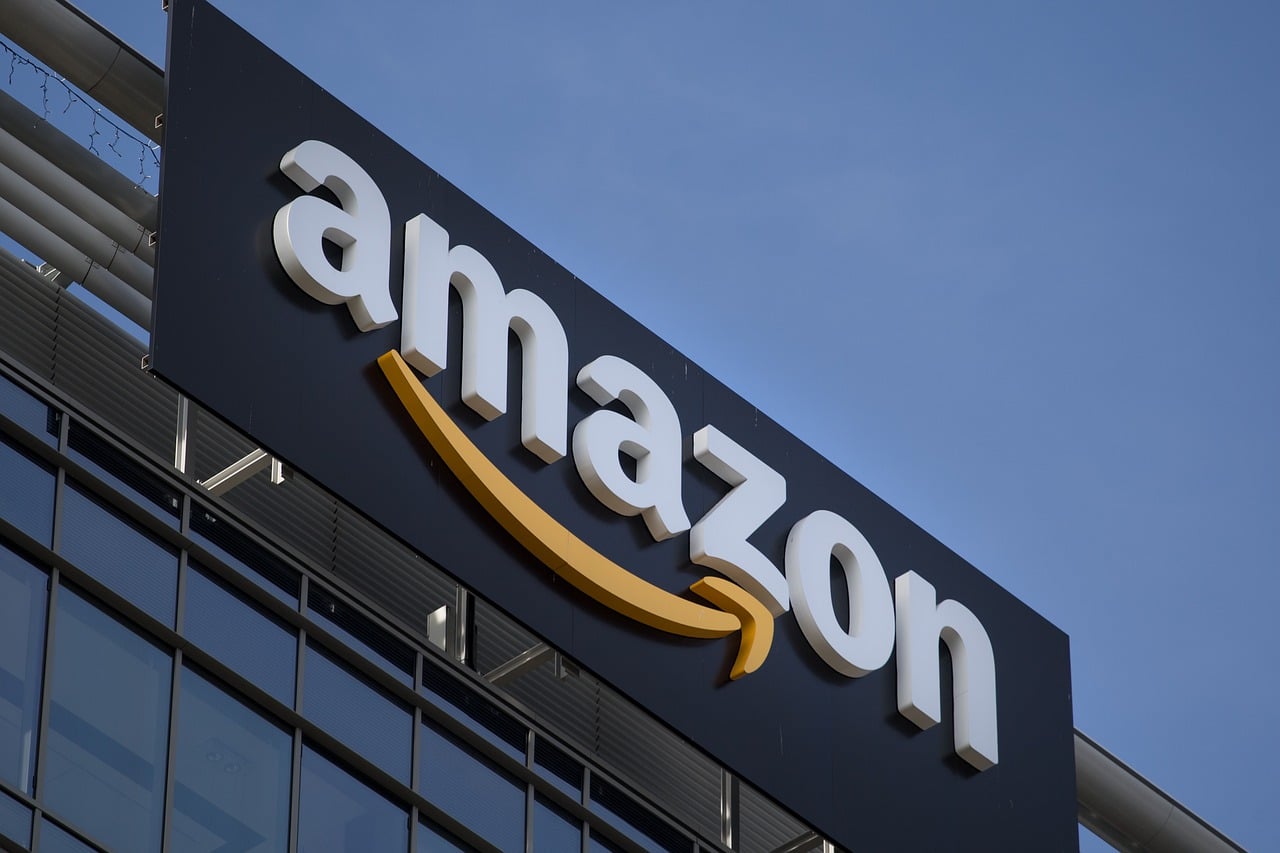

Amazon’s (Amazon Stock Quote, Chart, News: NASDAQ:AMZN) dominance in the e-commerce space may be unparalleled but there’s only so much more growth available for the online behemoth, says Darren Sissons of Campbell, Lee & Ross, who claims the law of large numbers will keep investors from making big gains on this stock from here on out.
“I think the expectations on what Amazon can actually deliver and what is actually suggested that they can do — I think there’s a big, big gap,” says Sissons to BNN Bloomberg. “The valuations on Amazon are such that I would really have trouble buying this and handing it to our clients.”
“What I find very disconcerting is that virtually every market that Amazon says that they’re going to go into, it’s just deemed that it’s going to crush their market,” he says. “I just don’t believe the hype that Amazon is going to take over the world, and that’s the hype that you effectively have with every market that Amazon thinks they’re going to get into.”
Because of its supremacy online, Amazon has been positioned as a significant threat to all other retail operations, big and small. But even as companies have been slower to catch onto the e-commerce approach, some are now catching up. Walmart, for instance, will be delivering its first quarter earnings this Thursday, with expectations that the retail giant will post growth in its e-commerce division of around 30 per cent, beating out Amazon’s own e-commerce growth of 26 per cent over Q1.
“As of March 14, Walmart noted it operated grocery delivery out of 800-odd stores,” said UBS analyst Michael Lasser. “This compares to just a handful last year. Thus, we think it likely had more than enough tailwinds to see a re-acceleration in digital sales over the course of the period.”
At the same time, Amazon’s much discussed foray into drug distribution seems to now be on hold. Reports came out last fall that the company had obtained wholesale licenses in a number of states in the US, which followed on the launch last summer a line of Amazon’s own over-the-counter private-label medicines and products under its Basic Care line. Predictably, those developments produced a shock across the pharmacy industry, but just last week it was reported that Amazon had just put the brakes on its pharma expansion. In response, share prices for US pharmacy chains like Rite Aid, Walgreens and CVS made big gains in subsequent trading.
“Unlike many businesses that Amazon has appropriately automated, there’s always going to be a human pharmacist that has a role both regulatorily as well as consumer preference because we’re dealing with life-saving medical issues,” says hedge-fund manager Larry Robbins, CEO of Glenview Capital Management, to CNBC.
Sissons says the law of large numbers comes into play.
“I want to buy companies that can double and based on the valuation, if Amazon were to double, that’s creating almost a small country in terms of market cap and that’s not an insignificant challenge,” he says. “[But] people don’t seem to care about that. They just seem to think that they’re going to get an extra 20, 30 50 per cent from here, but think about it in terms of what the actual value that’s created and what that would mean in terms of new business.”
Disclosure: Cantech’s Nick Waddell owns shares of Amazon
Leave a Reply
You must be logged in to post a comment.





 Share
Share Tweet
Tweet Share
Share




Comment